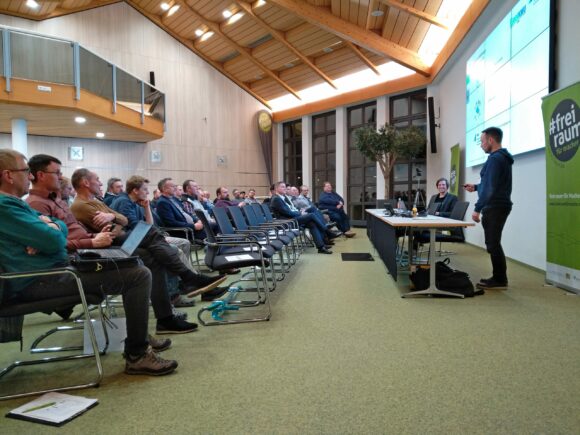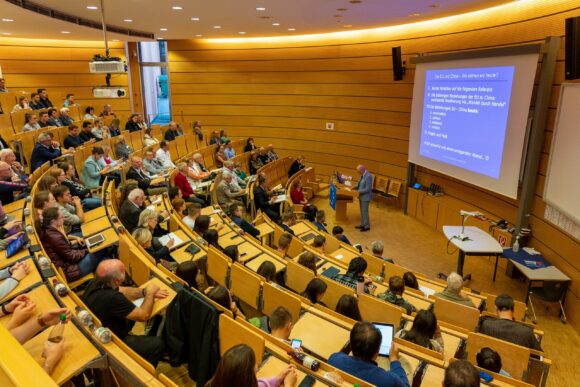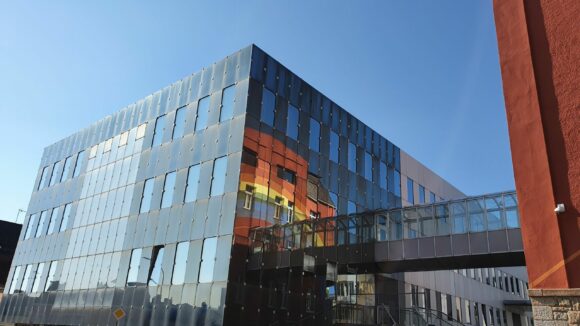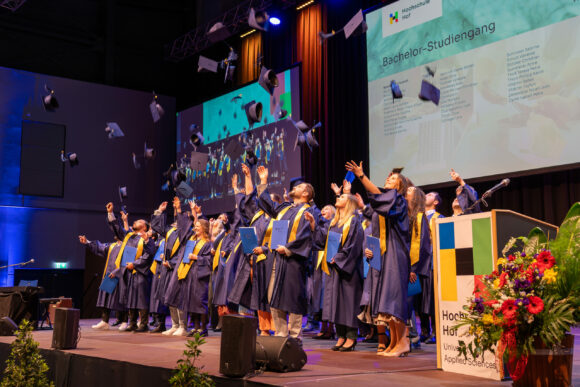Hochfranken, with the independent city of Hof and the districts of Hof and Wunsiedel, has a population of about 215,000, 40 % of whom live in the metropolitan areas. The region is characterized by a high degree of decentralization and, as a result, a high proportion of private transport. The heating systems in public and private buildings are predominantly operated with heating oil, liquid gas or biomass – the connection to the natural gas network is low. As a result, the greenhouse gas emissions of the Hochfranken region, with its largely rural character, differ greatly from those of the supraregional conurbations.
Climate neutrality by the year 2040 – Hochfranken has set itself an ambitious goal and wants to achieve a balance between greenhouse gas emissions and their reduction five years earlier than Germany as a whole. But how can this target be achieved and, above all, how can it be ensured that the region is on the right track in the coming years so as not to miss its climate protection targets? “To actively reduceCO2 in large quantities, we need to know where it comes from, and preferably in real time,” says Dr.-Ing. Andy Gradel, deputy director of the Institute for Water and Energy Management at Hof University of Applied Sciences (iwe). The iwe is now pursuing this goal as part of a new project that aims to record the mainCO2 emissions from households, industry and commerce, transport and agriculture in Hochfranken in a real-time monitor and make them publicly visible.
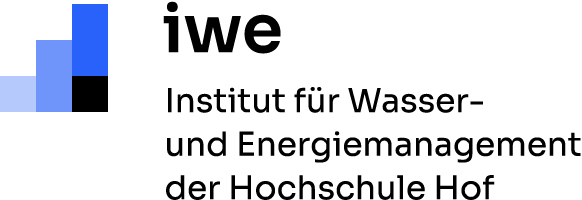
In a first step, the project team will develop a concept for the implementation of theCO2 real-time monitor by the end of 2023. It is exploring possible cooperation with energy suppliers and implementation strategies and is already working with climate protection managers in the region. By the end of the project, the finished concept should clarify what is needed for the concrete implementation of theCO2 monitor for Hochfranken.
As part of a follow-up project, theCO2 real-time monitor could go online and the collected data from Hochfranken could be made available to the public in real time (quarter-hourly or hourly) via a website.
The project is funded by the Rainer Markgraf Foundation and the Upper Franconia Foundation.
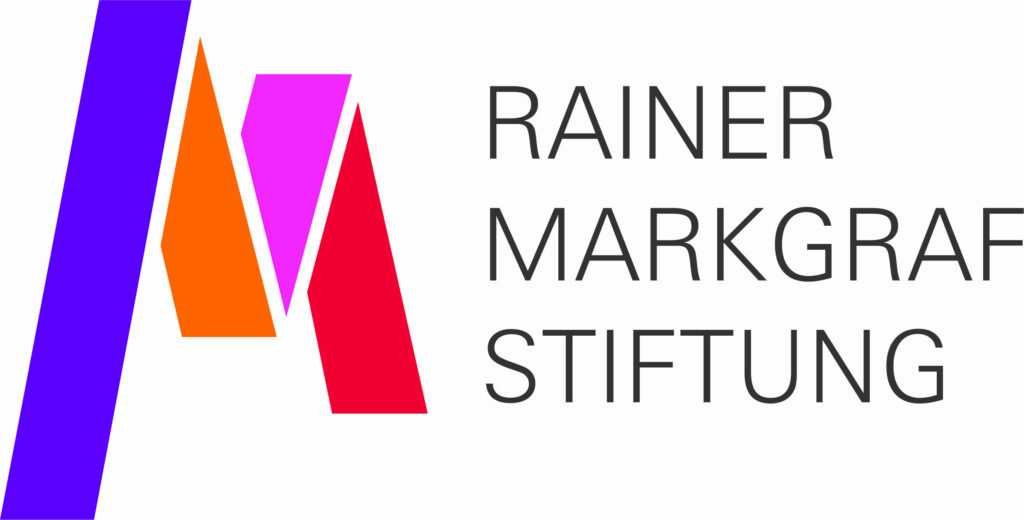

Further information on the Institute for Water and Energy Management at Hof University of Applied Sciences (iwe) and its projects, as well as contact details, can be found on the Internet at https://iwe.hof-university.de/




